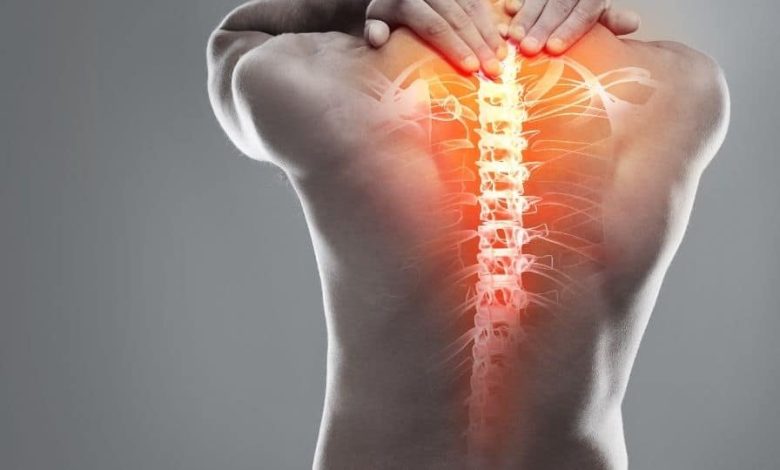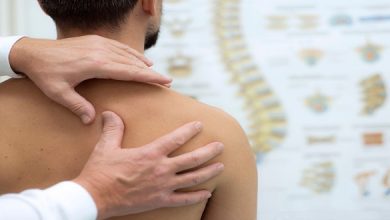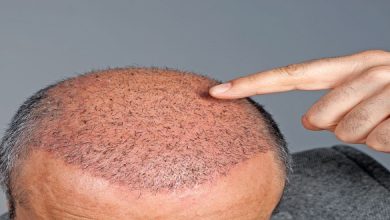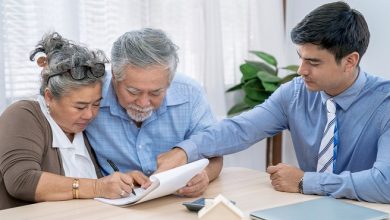Herniated Disc Checklist – When To Get Help For This Common Lower Back Problem

Maybe you’ve heard about herniated discs in the past – your friend missed work for some days due to disc herniation. Now, you suspect it’s your turn. Typically, your spine comprises a series of stacked bones known as vertebrae, with several discs in between. These discs play a vital role in the functioning of the spine and cushioning the spine during your rough daily activities. However, when the gel-like center of the disc pushes through its outer layer, it leads to a herniated disc.
Herniated discs are so common that over 50% of the American population may suffer from bulging discs at least once in their lifetime. Read on to unearth when it’s the right time to seek help for disc herniation.
What Causes A Herniated Disc?
Typically, herniated discs occur in the lower back or, in rare cases, in the neck area. While this condition results from excessive pressure inserted in the spine, age-related changes can cause disc herniation. On the other hand, spinal strains or overuse and repetitive motions can lead to disc herniation symptoms. Besides, carrying excess body weight as well as suffering from spine-related conditions like degenerative disc disease or arthritis are among the major causes of disc herniation.
What Red Flags Indicate I Should Seek Treatments?
Sometimes, individuals with herniated discs may feel zero pain, especially if the discs do not press any nerves. However, as the condition progresses, the symptoms are hard to miss and may include:
A burning or prickling sensation
Commonly identified as a “pin and needles” sensation, a burning feeling is a typical sign that your herniated disc condition is worsening. This feeling usually occurs when pressure from the herniated disc interrupts the spinal nerve’s ability to send information to your brain. Healthcare professionals term paresthesia as a severe symptom of a herniated disc, and thus, you need to seek immediate treatment.
Discomfort in your back or neck
Besides discomfort, disc herniation can result in discomfort since maximum pressure is inserted in the spinal nerve. If the affected disc is in your lower back, you will experience trouble standing, walking or sitting. Also, a sharp, electric-like pain can radiate into the buttock down to one side of your leg. Similarly, discomfort and pain in the neck warrant a visit to a healthcare expert.
Weakness
When your spinal nerve is squeezed, it leads to muscle weakness. Furthermore, if the weakness extends down to your foot or arm, it suggests the disc is pressing the nerves in your lower back or neck. In such a case, getting a diagnosis and treatment is good.
Trouble with movement
Due to the pressure on your spinal nerves, a herniated disc can significantly impact your ability to move, especially when left untreated. This way, you will experience reduced grip strength, difficulty walking and trouble holding objects for a long time. When you notice standing for prolonged periods is becoming a challenge, seeking medical help is best.
Getting Help For Your Herniated Disc
The pain and discomfort that accompanies herniated discs is pretty hard to ignore. Therefore, seeing a healthcare professional for evaluation is key to helping them prescribe a treatment plan to relieve the symptoms completely. Effective treatments like painkillers, the Discseel procedure, and resting can get you moving around again pain-free.
Schedule an appointment at Performance Pain and Sports Medicine to determine the best solution for your herniated disc.





